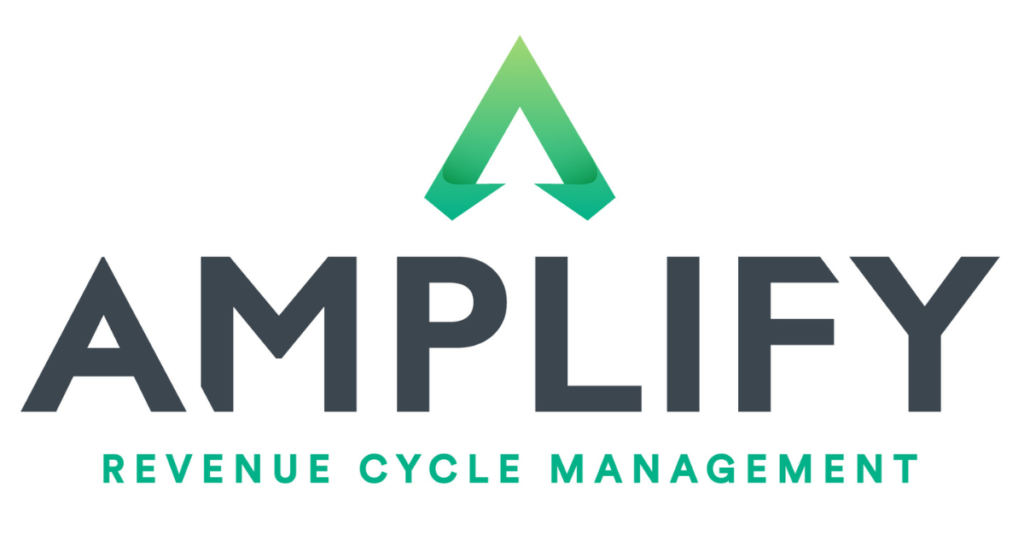As technology has undoubtedly shifted the healthcare landscape, the fusion of artificial intelligence (AI) and large language models (LLMs) remain at the forefront of innovation. Stepping away from the intricacies of paperwork and phone calls, revenue cycle management (RCM) is set to experience a profound evolution, driven by the formidable capabilities of AI and LLMs. These sophisticated linguistic algorithms, adept at comprehending and generating human-like text, are able to ingest vast datasets, unravel complex regulations, and offer real-time guidance. In this paradigm, AI and LLMs emerge as dynamic catalysts, reshaping the future of RCM by ushering in unparalleled efficiency, accuracy, and revenue generation.
Adopting Personalized AI Tutors for RCM Mastery
LLMs have the power to act as a dedicated AI tutor for each RCM staff member, proficiently explaining intricate regulations, dissecting payer contracts, and providing real-time guidance on claim coding. These AI models, well-versed in extensive datasets of RCM knowledge, are revolutionizing staff training by:
- Crafting interactive training modules: Gone are the days of static manuals and tedious lectures. LLMs create personalized learning experiences tailored to each staff member’s knowledge level and preferred learning style.
- Offering on-demand support: Whether grappling with a denial code or navigating a complex payer policy, a quick chat with the LLM “tutor” provides instant clarity and guidance.
- Ensuring continuous knowledge updates: Staying ahead of evolving regulations, the LLM automatically absorbs updates, keeping the staff’s expertise current.
Predicting Denials to Prevent Revenue Loss
Denials pose a persistent challenge for every RCM team, draining valuable resources and chipping away at revenue. Enter LLM-powered contract modeling, capable of predicting, preventing and optimizing denials before they occur by:
- Identifying hidden clauses and interpretations: LLMs navigate the dense legalese of contracts, uncovering nuances that might escape human analysis.
- Predicting denial triggers: Analyzing past denial patterns, the LLM identifies specific factors leading to claim rejection, allowing proactive measures.
- Suggesting alternative coding or documentation: Based on predicted denials, the LLM recommends strategies to improve claim acceptance chances.
AI Phone Wizards Tackle B2B Complexities
In the realm of RCM, B2B communication frequently involves games of phone tag and frustrating interactions. Acquiring authorizations, resolving billing discrepancies, and navigating payer bureaucracy can consume precious staff hours, leading to widespread frustration. However, utilizing AI phone wizards—automated systems driven by LLMs—offers an unparalleled solution to effortlessly navigate these complexities by:
- Holding natural conversations with payer representatives: LLMs understand and respond to complex inquiries, mimicking human interaction and building rapport.
- Automatically gathering and verifying information: No more on-hold music; the AI system autonomously accesses and verifies patient information, streamlining workflows.
- Resolving common issues at scale: AI handles repetitive tasks like authorization requests, freeing up staff for more complex issues and patient interactions.
The Future of RCM: Empowered by AI, Fueled by Data
On the journey toward elevating excellence in RCM, the combined forces of AI and LLMs unveil a multitude of possibilities. As healthcare organizations embrace AI and harness the vast data it generates, the future of RCM promises enhanced efficiency, accuracy, and profitability. A future where staff, empowered by AI, navigate the complexities of RCM with confidence, ensuring that every patient encounter translates into optimal outcomes.





